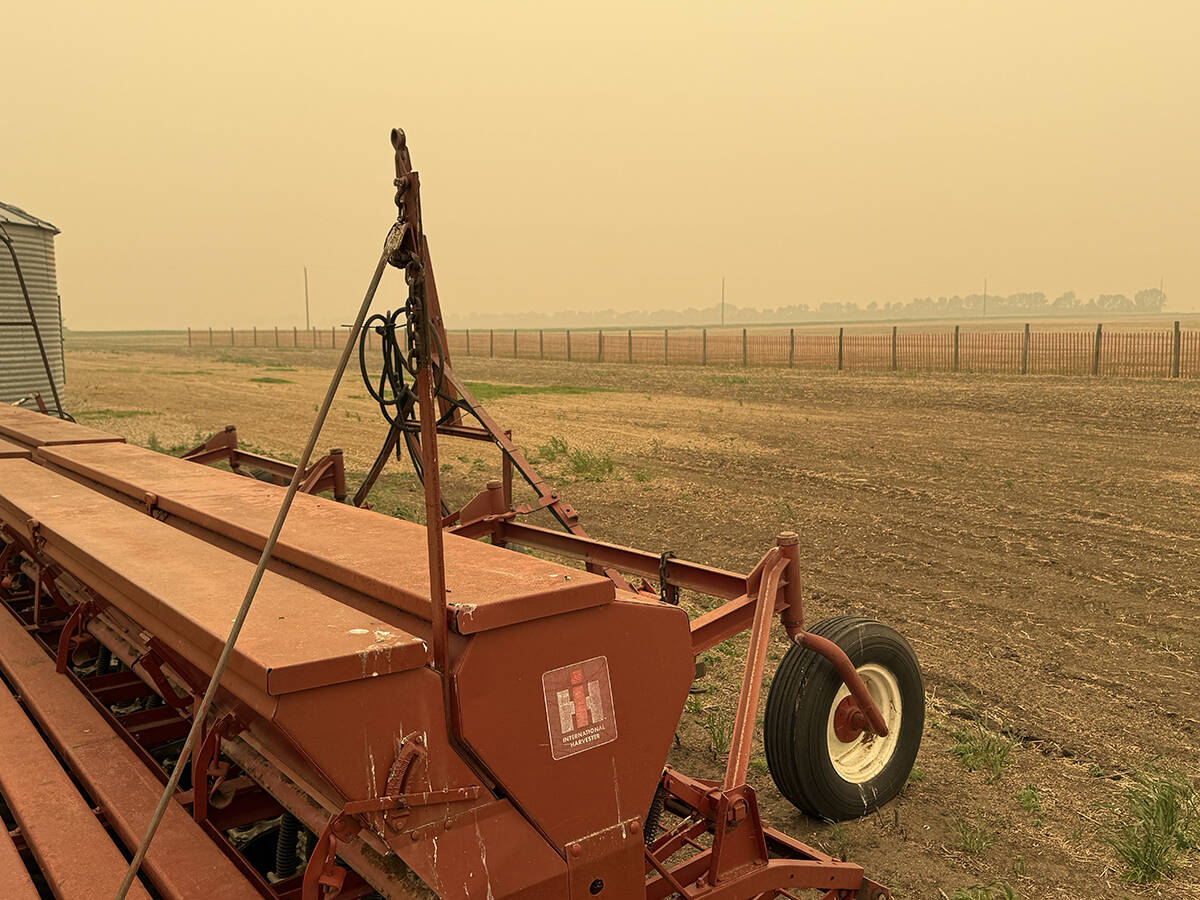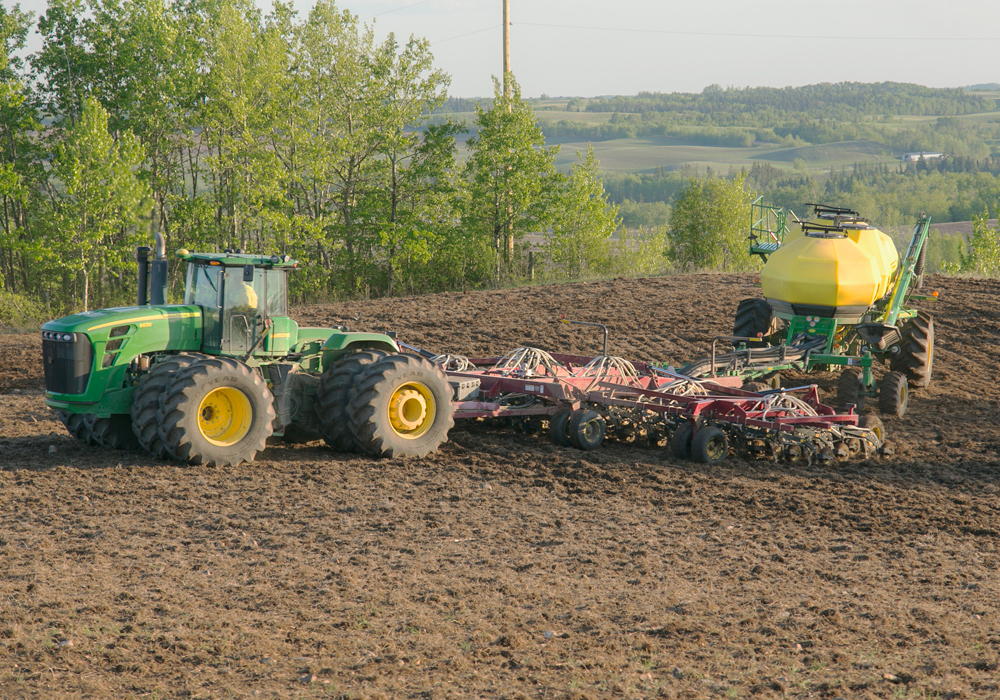KANSAS CITY, Mo. (Reuters) – Monsanto said it will restructure its herbicide products to help combat the spreading environmental woes of herbicide-resistant weeds, also known as “super weeds,” which many critics have blamed on the chemical giant.“We need to get in front of this,” Monsanto chair Hugh Grant said in a conference call with analysts.Grant acknowledged that weed resistance was a problem for U.S. cotton farmers, and was emerging as a bigger problem for soybean farmers. But he said the issue was not yet a big problem for corn farmers.There have also been reports of some resistant weeds in areas where Roundup Ready canola has been usedThe company’s development of glyphosate-tolerant biotech crops and its push for farmers to use its glyphosate-based Roundup with those crops have accelerated glyphosate use and consequently weed resistance to an environmentally dangerous level, critics have charged.Experts estimate glyphosate-resistant weeds have infested close to 11 million acres. More than 130 types of weeds have developed levels of herbicide resistance in more than 40 U.S. states, more resistant weeds than found in any other country, according to weed scientists.“It is too bad it has taken this long for Monsanto to get serious about addressing this problem,” said Charles Benbrook, chief scientist at the Organic Centre and former executive director of the agriculture board of the National Academy of Sciences.“If solid glyphosate-resistance management plans had been put in place three or four years ago, the worst of the problem could have been prevented,” he said.Grant said Monsanto would create a new product offering that would combine Roundup with complementary chemicals for a new weed control regimen at a lower cost than farmers are paying today.Monsanto officials said an average southern U.S. cotton farmer is paying $40 to $60 an acre in weed control measures, up from $20 to $25 an acre a few years ago.“There’s good news for farmers in all of this. We’re going to bring simplicity to weed management,” Grant said. “Weed resistance is real, but managing it doesn’t have to be complex.”Environmentalists and other critics claim with the Roundup Ready crops, herbicide use has risen to such a level that weeds have developed resistance that makes it difficult to kill them.Last year, a report by the Organic Centre, Union for Concerned Scientists and the Centre for Food Safety said that weed resistance was directly tied to the rapid increase of herbicide use, which grew by 383 million pounds from 1996 to 2008, with 46 percent of the total increase occurring in 2007 and 2008.“The problem is already threatening the economic viability of the cotton industry in the southeast,” Benbrook said. “Farmers in the Midwest better really pay attention and deal with it if they want to escape further problems.”Monsanto shares are down more than 40 percent from a year ago.
Read Also

Wildfires have unexpected upside this year
One farmer feels smoke from nearby wildfires shrouded the July skies and protected his crop from the sun’s burning rays, resulting in more seeds per pod and more pods per plant.














